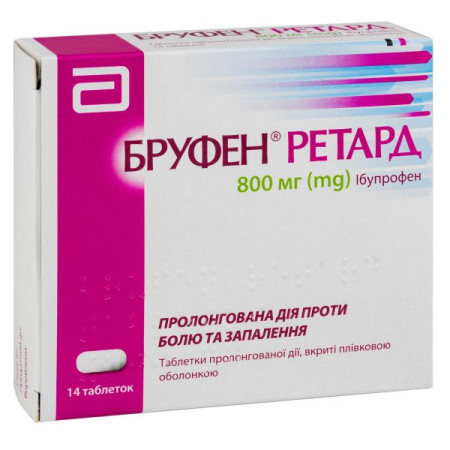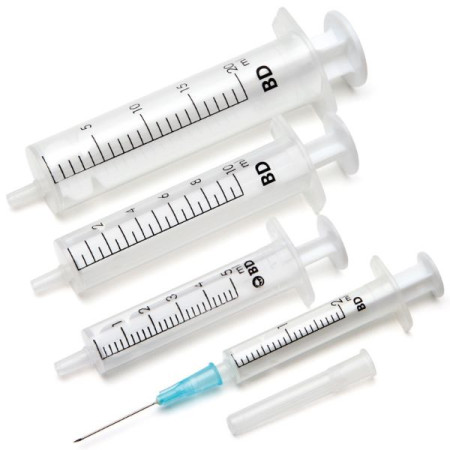Voxid tablets 0.2 mg blister No. 30

Pharmacological properties
Pharmacodynamics. Voglibose is an oral hypoglycemic agent, a competitive inhibitor of intestinal α-glucosidase (enzymes of the hydrolase class), which are involved in the breakdown of di-, oligo- and polysaccharides. Inhibition of α-glucosidase activity leads to a slowdown in the breakdown of complex carbohydrates and glucose absorption, resulting in a decrease in postprandial blood glucose levels (postprandial hyperglycemia).
Voglibose does not affect β-glucosidase activity.
Pharmacokinetics. Voglibose is slowly and poorly absorbed and rapidly excreted in the feces. To date, no metabolites of this substance have been identified in human blood or urine. Animal studies have demonstrated the penetration of voglibose through the placenta and into breast milk.
Indication
Treatment of type 2 diabetes mellitus when blood glucose levels cannot be adequately controlled by diet and/or exercise; as monotherapy or in combination with other oral hypoglycaemic agents or insulin; treatment of type 1 diabetes mellitus as part of combination therapy in combination with insulin; prevention of type 2 diabetes mellitus in patients with established impaired glucose tolerance.Application
The drug Voxid is taken orally immediately before each meal, washed down with water.
The usual starting dose of Voxid for adults is 0.2 mg 3 times a day. If the therapeutic effect is insufficient, the dose can be increased to 0.3 mg 3 times a day, subject to careful monitoring of the course of the disease.
For elderly patients, the initial dose of Voxid® is 0.1 mg 3 times a day. If the therapeutic effect is insufficient, the dose of the drug can be increased to 0.2-0.3 mg 3 times a day, subject to careful monitoring of the course of the disease.
Contraindication
Hypersensitivity to the active substance or any other component of the drug; diabetic ketoacidosis, diabetic precoma, diabetic coma; severe infectious diseases; serious surgical operations and injuries; pathological conditions and diseases of the intestine, which may worsen in conditions of increased gas formation (inflammatory bowel diseases, ulcerative changes in the intestine, complete or partial intestinal obstruction, etc.); severe pathological conditions and diseases of the intestine, which are accompanied by digestive and absorption disorders.Side effects
Metabolic disorders: hypoglycemia.
Gastrointestinal: feeling of bloating, flatulence, diarrhea, intestinal obstruction.
On the part of the hepatobiliary system: fulminant hepatitis, severe liver dysfunction, increased levels of hepatic transaminases (AST, ALT), jaundice.
Special instructions
Voxid is used with caution in the following situations:
simultaneous use of other hypoglycemic agents (possibility of hypoglycemia) (see Side effects); history of laparotomy or intestinal obstruction (possibility of worsening of the patient's condition due to excessive gas formation in the intestine); chronic intestinal diseases accompanied by impaired digestion and absorption (possibility of worsening of the patient's condition due to the mechanism of action of voglibose); Rehmold's syndrome (possibility of worsening of the patient's condition due to excessive gas formation in the intestine); hernia, stenosis or ulcer of the large intestine (possibility of worsening of the patient's condition due to excessive gas formation in the intestine); severe liver dysfunction (possibility of significant fluctuations in the patient's blood glucose level due to metabolic disorders); cirrhosis of the liver (possibility of further impairment of consciousness due to hyperammonemia); severe renal dysfunction (possibility of significant fluctuations in the patient's blood glucose level due to metabolic disorders).The use of Voxid should be restricted to patients who have been definitively diagnosed with diabetes mellitus or impaired glucose tolerance.
For patients with diabetes mellitus for whom diet and/or exercise are indicated, voglibose should be prescribed only when the postprandial glycemia level within 2 hours after a meal is 11.1 mmol/L or more.
For patients with diabetes mellitus who are indicated for diet, exercise, oral hypoglycemic drugs, or insulin, voglibose should be prescribed only when the fasting blood glucose level is 7.77 mmol/L or greater.
While taking Voxid, it is necessary to carefully monitor the patient's condition and constantly monitor the blood glucose level. In addition, continuous administration of this drug plays an important role in achieving the therapeutic effect.
If after 2-3 months of continuous administration of voglibose (both mono- and combination therapy for diabetes mellitus) the hypoglycemic effect is unsatisfactory (postprandial glycemia level within 2 hours after a meal is 11.1 mmol/l or more), then it is necessary to adjust the treatment accordingly.
If the hypoglycemic effect of voglibose (both mono- and combination therapy for diabetes) is satisfactory (postprandial blood glucose level within 2 hours after a meal is 8.88 mmol/l or lower), the drug should be discontinued and the further course of the disease monitored.
Use during pregnancy or breastfeeding. Voxid tablets can be prescribed during pregnancy and when it is suspected only if the expected benefit outweighs any potential risk. The safety of this drug in pregnant women has not been established.
It is preferable to avoid the use of vogliboz during breastfeeding. However, if use is necessary, breastfeeding should be discontinued.
Ability to influence the reaction rate when driving vehicles or working with other mechanisms. When using the drug, adverse reactions may occur that may affect the ability to drive vehicles or work with mechanisms.
Children: There are no data on the use of voglibose in children, therefore the drug should not be prescribed to this age group of patients.
Interactions
Combinations that should be used with caution.
Antidiabetic agents: sulfonamide and sulfonylurea derivatives, biguanide derivatives, insulin preparations and agents that improve insulin resistance (risk of hypoglycemia). Drugs that increase the hypoglycemic effect of antidiabetic drugs (β-adrenoceptor blockers, salicylic acid preparations, MAO inhibitors, fibrate derivatives for the treatment of hyperlipidemia, warfarin, etc.). Drugs that reduce the hypoglycemic effect of antidiabetic drugs (adrenaline, adrenocortical hormone, thyroid hormone, etc.).Overdose
In case of overdose, the patient should consult a doctor.
Storage conditions
In the original packaging at a temperature not exceeding 25 °C.
There are no reviews for this product.
There are no reviews for this product, be the first to leave your review.
No questions about this product, be the first and ask your question.














